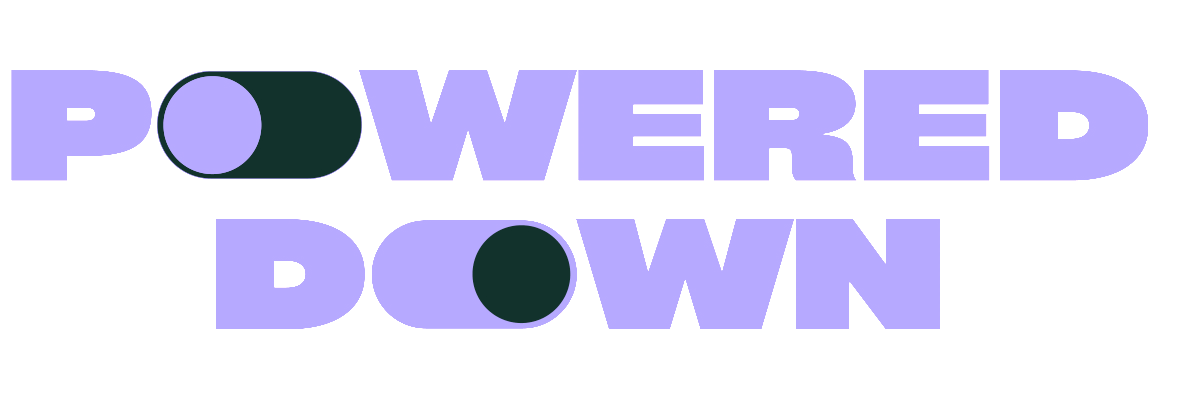Is Salary Transparency The Answer To Workplace Stress?
Companies often use this unspoken rule of salary secrecy against us to lowball workers and create uncertainty around pay, which can lead to — you guessed it — feeling stressed, undervalued, and burned out.
While making salaries public knowledge doesn’t necessarily make them even, it can alleviate the fear of not knowing what your coworker is making, not knowing what your earning potential in a position could be, and not knowing if you’re being paid fairly.







